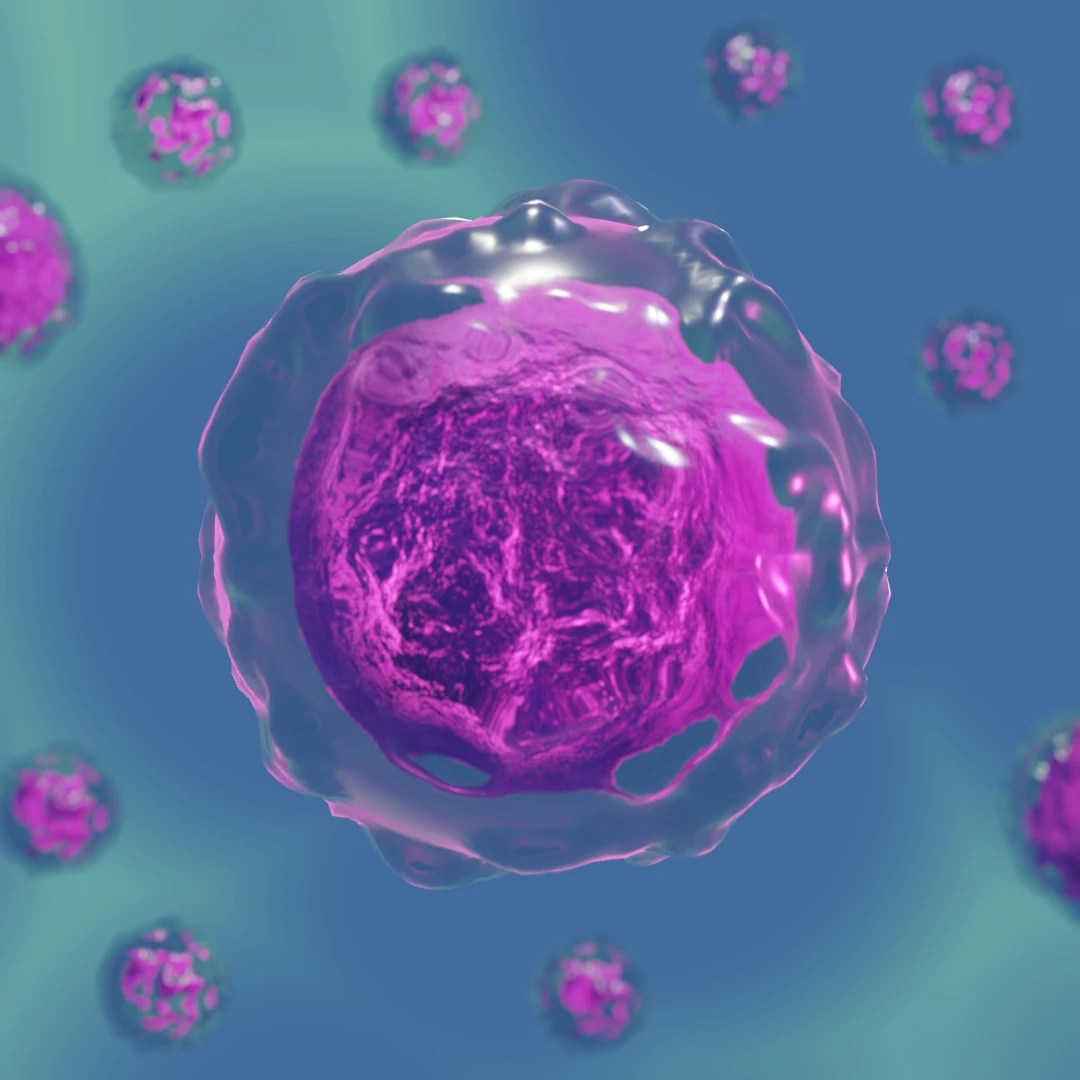Autophagy, derived from the Greek words ‘auto’ meaning self and ‘phagy’ meaning eating, is a fascinating biological process where cells recycle and renew themselves. This process is essential for maintaining cellular health, especially when it comes to organelles like mitochondria, which are crucial for energy production.
The Role of Autophagy in Cell Renewal
Imagine your cells as hardworking sailors on a ship. These sailors actively perform various tasks within the cell, such as producing energy and transmitting signals. One of their vital functions is to ensure the proper functioning of organelles like mitochondria. When mitochondria become damaged or inefficient, cells undergo autophagy to recycle these organelles, ensuring the cell’s optimal performance.
Contrary to popular belief, autophagy isn’t solely activated by fasting or extended periods without food. While some experts suggest fasting for over 72 hours to achieve optimal autophagy, recent research challenges this notion. High insulin levels, rather than fasting, are the primary suppressors of autophagy. By reducing carbohydrate intake and maintaining low insulin levels, the body can continuously undergo autophagy, recycling damaged organelles and promoting cellular health.
Mitochondria: The Powerhouses of the Cell
Mitochondria play a pivotal role in cellular energy production. Dysfunction in these organelles can lead to various health issues, including ADHD. Boosting mitochondrial health is vital for overall well-being and several approaches can help achieve this.
Adding creatine to your diet can support mitochondrial function, but it’s not the only solution. Ensuring regular autophagy and preventing the accumulation of damaged organelles are equally important. Just as you wouldn’t replace an entire car with a faulty fan belt, you shouldn’t wait for complete cellular dysfunction to address mitochondrial health.
The Impact of Diet on Autophagy and Mitochondrial Health
Emerging research suggests that ketogenic and carnivore diets can significantly enhance mitochondrial function. After just a few months on these diets, individuals have been found to have four times the number of mitochondria, which are also four times more efficient.
Two Harvard psychiatry professors have independently concluded that ketogenic and carnivore diets may be the best medical treatments for various mental health conditions, including depression, anxiety, ADHD, and even autism. These diets support mitochondrial health, which is crucial for optimal brain function and mental well-being.
Exercise and Mitochondrial Health
Exercise is another powerful tool for promoting autophagy and enhancing mitochondrial function. Physical activity stimulates the proper production and function of mitochondria, contributing to overall cellular health.
Avoiding Harmful Substances
Certain plant toxins, like cyanide found in flaxseed and cassava, can directly damage mitochondria. Regular exposure to these toxins can hinder mitochondrial function and overall cellular health. Therefore, it’s essential to be mindful of your diet and avoid substances that can harm your mitochondria.
Conclusion
Understanding the role of autophagy and mitochondrial health is crucial for maintaining overall well-being. By adopting a diet rich in nutrients and low in carbohydrates, engaging in regular physical activity, and avoiding harmful substances, you can support optimal autophagy and enhance mitochondrial function. Prioritizing these aspects of cellular health can lead to improved energy levels, mental clarity, and overall vitality.
